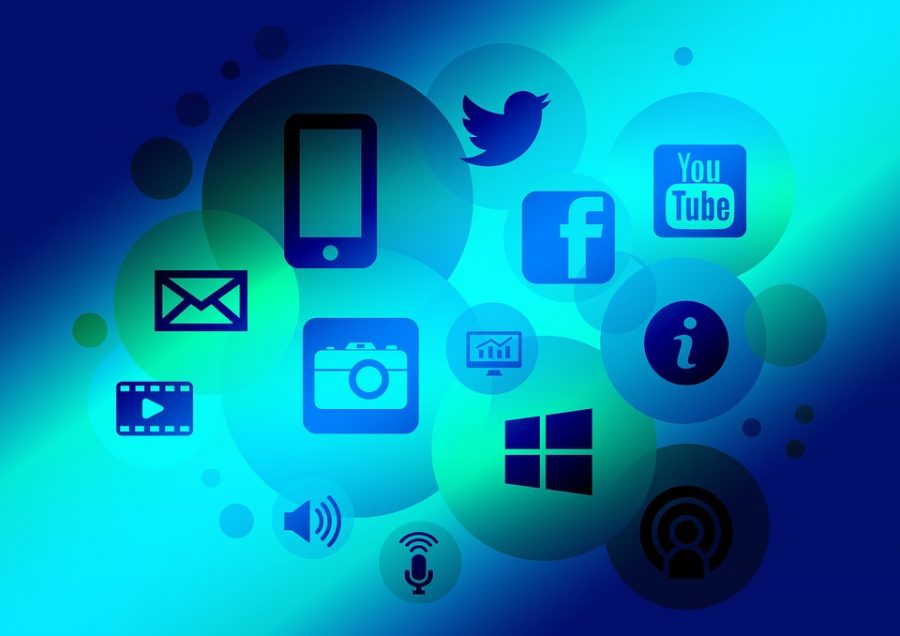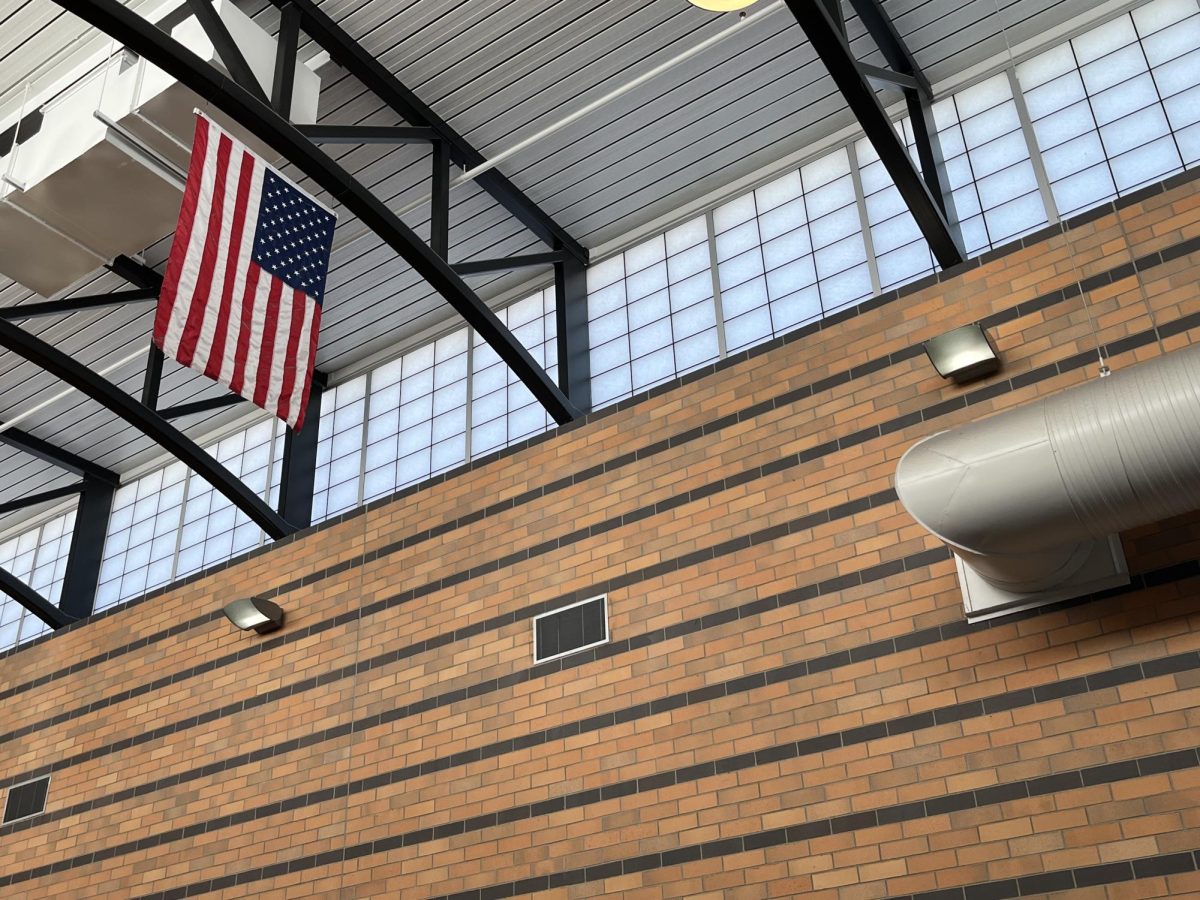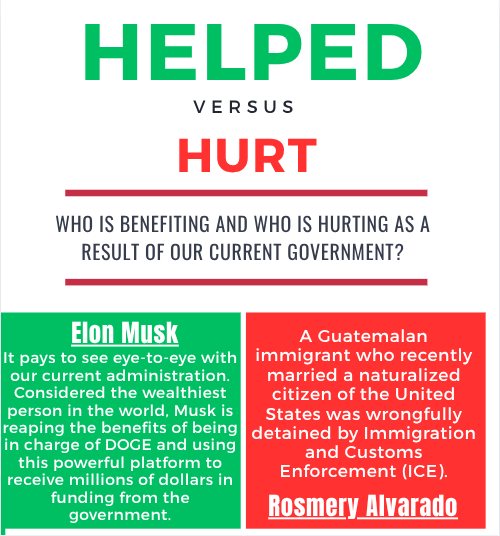Imagine trying to log onto Instagram and seeing a message that says “your internet service provider does not support this site.” Without net neutrality, this could become a reality.
Since the creation of the internet, users have come to know some basic freedoms involving the web. It has been an assumption that anybody can access any legal website on the web, and that Internet Service Providers (ISPs) simply provide access. The principle that ISPs should provide equal access to all sites without bias is known as net neutrality. Net neutrality has been a custom since the Internet became popular, even though it has only been required by law since 2015. However, the Federal Communications Commission (FCC) will make a decision on December 14 that will change the internet drastically. The FCC will make one final vote to decide the fate of net neutrality, and they may decide to repeal it.
The biggest difference would be that ISPs would have the freedom to block any website for any reason. ISPs will likely block access to competitors’ sites and speed up the access to business partners. For example, an ISP could charge a large corporation, such as Netflix, millions of dollars to provide faster loading speeds in exchange. So, large businesses who are partners with major ISPs will prosper, and other companies may struggle. If an ISP and a major company fail to reach an agreement, the ISP might completely block the site, which could include sites that many people use every day. Also, with the freedom to block or slow access to any given website, a large ISP could diminish the demand of a rival ISP or of a partner’s rival.
Without net neutrality, the market of ISPs would become much less competitive, and the major ISPs would dominate the market. ISPs would likely block any access to sites of smaller ISPs, which would eliminate easy access to smaller companies. Smaller ISPs over time would start to lose business, and major ISPs would take their customers. Also, the major ISPs would be making deals with other business conglomerates for millions of dollars, which small ISPs would not be able to do. It will be increasingly difficult for small, local Internet providers to compete, so they may be run out of business. If small ISPs fail to compete, major ISPs will expand and have much more control of the market. With fewer competitors, large ISPs will have more control over price, so a price rise for basic Internet pricing is a strong possibility.
Another possibility is that ISPs will have the freedom to charge for Internet services how they want to, possibly with packages for specific popular sites. For example, an ISP might create a social media bundle that includes access to Instagram, Facebook, and other apps. With the freedom to discriminate among sites, an ISP will likely charge money to provide access to popular sites. This potentially could be much more expensive for the average customer, especially if ISPs make multi-million dollar business deals to favor some companies over others. For example, if the only movie streaming service is Netflix, an ISP could easily charge an additional $5 per month for access to Netflix, and people would still pay for it if they only had access to one service.
So, if a person is dissatisfied with their ISP, what would stop them from switching to a different provider with better prices? It would be ideal to be able to switch, but many Americans don’t have a choice between ISPs that can provide fast upload speeds. Only 22% of Americans have access to more than one ISP that can provide internet with upload speeds with 25 mbps (megabits per second) or more. Another 36% of Americans have only 1 or 2 options of ISPs that provide upload speeds of 10 mbps. When the price of internet fees rise and many Americans want to try to find an alternative ISP, they will have to sacrifice fast Internet service.
There has been widespread backlash against repealing net neutrality across America, yet it is very likely that the FCC will choose to repeal it. On the FCC website, a forum for comments to protest the net neutrality repeal has received millions of comments in the four months that it has been available. The majority of Americans support regulation that requires net neutrality, yet the FCC plans to vote to end the laws defending net neutrality anyway.
Major changes are coming around to the Internet, and the American people need to prepare for the Internet of the future: where their service provider has the freedom to block or favor any sites they want. Not only will prices likely increase, but the American principle of freedom will be lost.
To protect the Internet, reach out to a US Senator to protest the FCC’s plan to end net neutrality.
Peters, Gary C. – (D – MI)
Class II
724 Hart Senate Office Building Washington DC 20510
(202) 224-6221
Contact: www.peters.senate.gov/contact/email-gary
Stabenow, Debbie – (D – MI)
Class I
731 Hart Senate Office Building Washington DC 20510
(202) 224-4822
Contact: www.stabenow.senate.gov/contact







